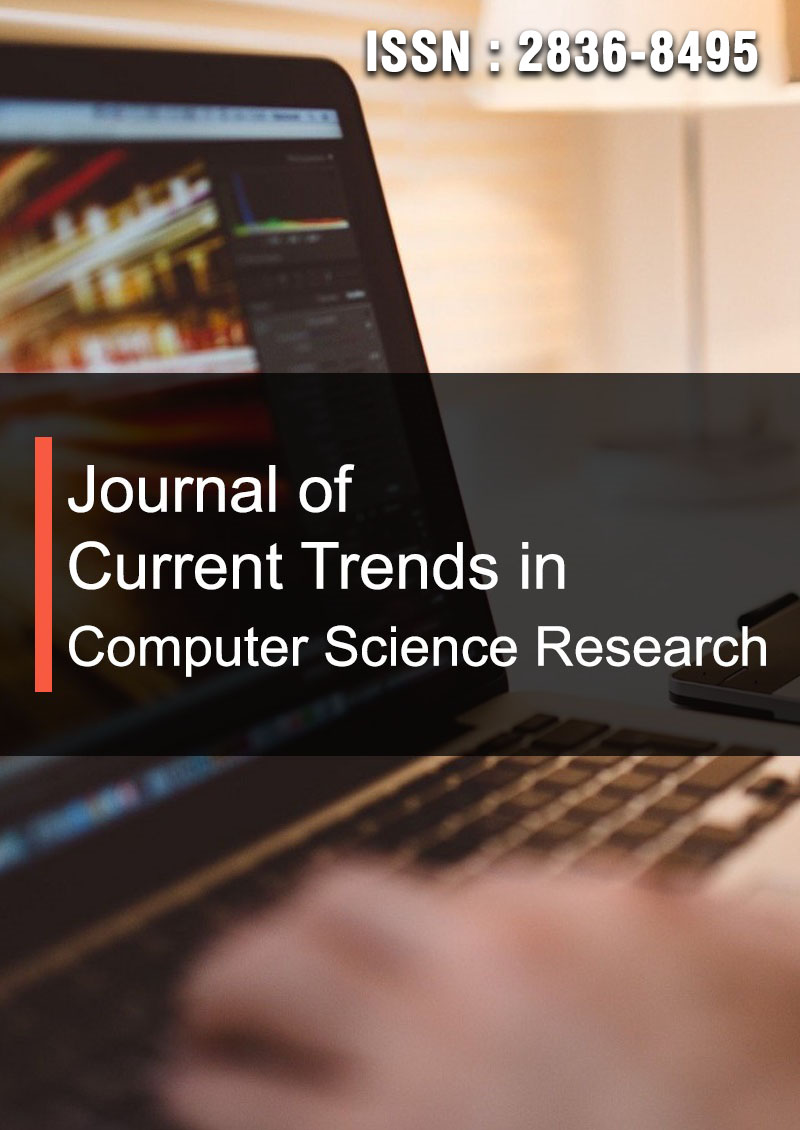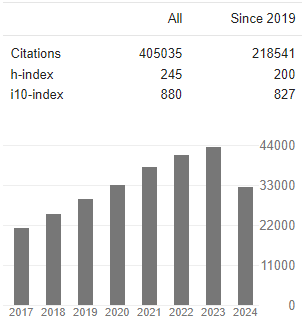Harnessing the Power of Artificial Intelligence in Climate Change Mitigation: Opportunities and Challenges for Public Health
Abstract
Angyiba Serge Andigema, Ngnotouom Ngnokam Tania Cyrielle, Mafo Kamga Lethicia Danaëlle and Ewane Ekwelle
Artificial intelligence (AI) has emerged as a powerful tool for addressing the challenges posed by climate change and their impact on public health. By leveraging its capacity to analyze and predict climatic patterns, AI offers opportunities to enhance resource management and develop effective strategies for climate change mitigation. Moreover, AI can contribute to generating sustainable solutions that address the complex and interconnected nature of climate change. For example, AI can enable the optimization of energy consumption and facilitate the integration of renewable energy sources into existing systems. It can also support the development of climate models that provide timely and accurate predictions, enabling policymakers to implement proactive measures for disaster preparedness and response. Furthermore, AI-powered disease surveillance and mitigation techniques can improve public health outcomes by identifying patterns and trends in the spread of diseases in relation to climatic factors. However, the widespread adoption of AI-based solutions is not without challenges. Ethical concerns surrounding privacy and data ownership must be addressed, as the use of AI requires access to large datasets, raising potential privacy risks. Technical constraints, such as limited computational power and the need for sophisticated algorithms, also pose obstacles to the implementation of AI in climate change mitigation strategies. Furthermore, issues related to the accessibility and affordability of AI technologies must be resolved to ensure equitable distribution and maximize its potential impact on public health. To fully harness the power of AI in addressing climate change and improving public health outcomes, it is crucial to promote innovation, multidisciplinary collaboration, and open data science. Innovation can drive the development of new AI algorithms and technologies specifically tailored to address climate change challenges. Multidisciplinary approaches that bring together experts from diverse fields, including climate science, public health, and computer science, can foster a holistic understanding of complex systems and enable the design of comprehensive solutions. Finally, open data science practices, such as sharing data and algorithms, can facilitate collaboration and accelerate progress in mitigating climate change and its public health impacts. In conclusion, AI offers promising opportunities for effectively addressing climate change and its impact on public health. However, to fully realize its potential, it is essential to tackle ethical and privacy concerns, overcome technical constraints, and ensure accessibility and affordability. By promoting innovation, multidisciplinary collaboration, and open data science, we can unlock the transformative power of AI in mitigating climate change and improving public health outcomes.





